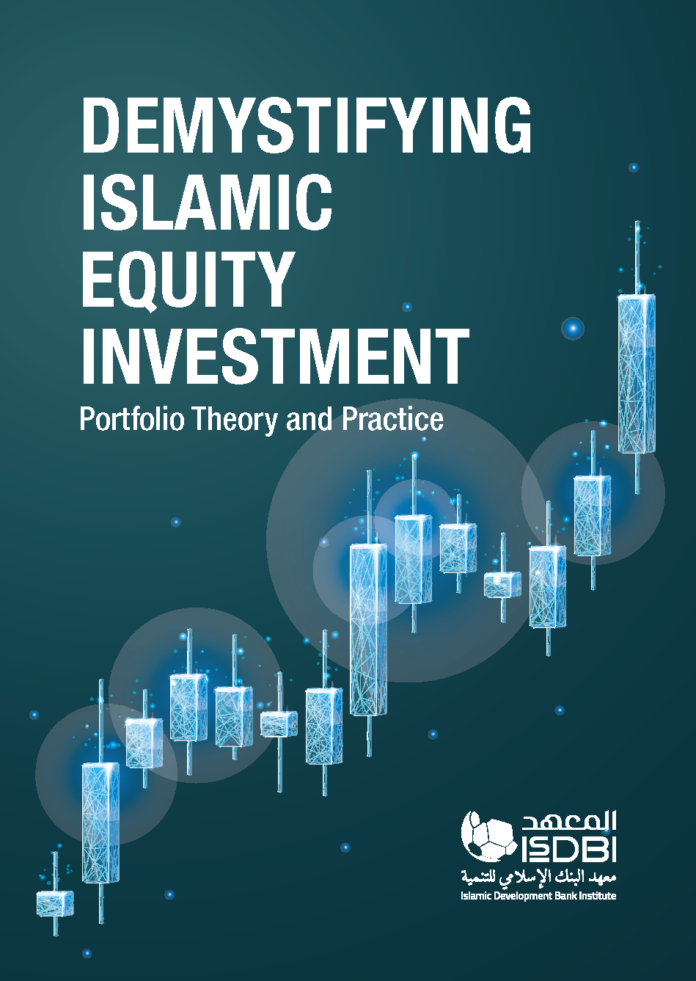JEDDAH, Kingdom of Saudi Arabia, February 28, 2024/ — The Islamic Development Bank Institute (IsDBI) published a new book titled “Demystifying Islamic Equity Investment: Portfolio Theory and Practice”. The book offers valuable insights for investors seeking to align their portfolios with ethical principles and Sharī’ah-compliant practices.
The book goes beyond traditional investment guides by addressing the unique challenges and opportunities presented by ethical investing within the principles of Islamic economics.
It integrates the Islamic precepts of equity investment and well-established portfolio allocation methodologies, making it easier for practitioners and researchers to access relevant material and structure Sharī’ah-compliant equity portfolios.
Islamic finance, grounded in ethical principles, promotes risk-sharing and entrepreneurship while banning usury and excessive speculation. This shapes the Islamic investment universe, presenting both unique opportunities and challenges. The book explores the “Fiqh foundations,” examining prominent equity screening standards and offers examples to illustrate their application.
The book explains the Islamic foundations of Sharī’ah-compliant investing and details the application of various portfolio allocation methodologies to design equity portfolios that meet pre-defined financial objectives.
In his comments on the release of the book, IsDBI Acting Director General, Dr. Sami Al-Suwailem, said, “This book is a valuable resource for both retail and institutional investors who are interested in learning or managing their Islamic equity investments. We are grateful to the authors for their keen interest and dedication to this important area of Islamic finance and ethical investment.”
The book was authored by four experts in the field, namely:
Dawood Ashraf, Senior Research Economist, Islamic Development Bank Institute. Jeddah, Saudi Arabia.
Kris Boudt, Founder CEO of Sentometrics, Professor of Econometrics and Finance at Ghent University, Vrije Universiteit Brussel and Amsterdam.
Mulazim Ali Khokhar, Assistant Professor of Finance at the Business Administration Department of Sukkur IBA University, Sukkar, Pakistan.
Muhammad Wajid Raza, Head of the Department of Management Sciences at Shaheed Benazir Bhutto University Dir, Pakistan.




